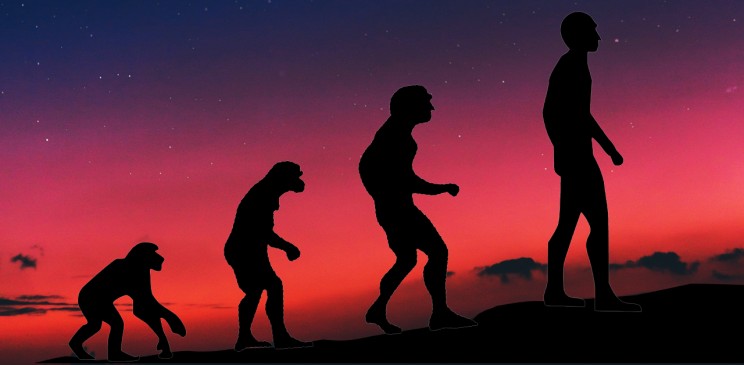
Science has been the building block for us since its inception; it has lead to many discoveries and inventions in wide use today. Science spawned off the school of philosophy in the early days, simply being known as the natural sciences. The natural sciences concerned themselves with the most basic study of the world around us. Perhaps the most well-known scientific figure from this period is Archimedes, who was responsible for expanding our understanding of fluids. Over the centuries, other civilizations and key figures pioneered different fields of science, advancing each of them further. Hence it has been rightly said that science is built atop the shoulder of giants. It would not be possible to live the convenient life we live today if not for the immense dedication of various scientists and thinkers throughout history. Here we list some of the most important inventions or discoveries that proved to be very influential over time.
Copernican System
Centuries before Nicholas Copernicus published his new theory, scientists believed that Earth was the center of the universe. It can be easy to imagine why they had this particular notion at the time. From our narrow perspective, it seems that Earth is the origin of our point of view. But this was eventually dismissed by the findings of Copernicus, who posited that it is the Sun and not Earth that is the center of the universe. This would be quickly rejected soon after since we all know neither of these is true now.
The truth is that not many people at that time wanted to believe in Science. However, thanks to the Telescope, Galileo proved the theory of Earth being the center of the Universe wrong. He found that Venus went through phases, just like our Moon. But, the nature of these phases could only be explained by Venus going around the Sun, not the Earth. Galileo concluded that Venus must travel around the Sun, passing at times behind and beyond it, rather than revolving directly around the Earth. Galileo’s observations of the phases of Venus virtually proved that the Earth was not the center of the universe.
But at the time, challenging the idea that our planet Earth is not the center of the universe was a humongous task. Therefore both Copernicus and Galileo are credited with pushing us further to learn more about our world. In a way, they launched the field of modern astronomy. However, it is Copernicus’ heliocentrism theory that proved some more things, such as the correct relative distance between planets–hence, it is given more importance.
Theory of Evolution
The theory of evolution put forward by British naturalist and biologist Charles Darwin is perhaps one of the most influential and well-known scientific discoveries. It completely changed our understanding of how humans came to be, how various animals adapt to different environmental conditions, and the method by which multiple traits and characteristics are transferred hereditarily across generations. Charles Darwin also posited that almost all types of animals undergo a very slow process of evolution that makes them adapt to the environment and ensures the survival of the fittest, so the species doesn’t die off. This process came to be known as natural selection and ever since has been taught in every biology class. This theory has been fundamental in helping expand our knowledge about living beings.
Theory of Relativity
This influential theory in the field of theoretical physics was first envisioned by the famous scientist Alber Einstein, whose name has come to be synonymous with the term “genius”. The theory of relativity consists of two parts: general and special relativity. The two theories mainly concern themselves with the force of gravity, movement of light, and the technical concepts of space-time. It also has helped us learn the concept of relativity, meaning that nothing in the universe is absolute, and things can only be described in relation to one another. All this was widely revolutionary in physics and was an important step in laying the foundation of fields such as quantum mechanics. Although the theory of relativity by Einstein is widely known, Einstein won the prestigious Nobel Prize for his discovery of the photoelectric effect. This only further proves the highly regarded intellect of Albert Einstein and how influential his contributions were in the field of physics.
Pencillin
Penicillin is one of those accidental discoveries that went on to change the world and save countless lives in a period where it was most needed. This important medicine was first discovered by Scottish researcher Alexander Fleming in 1928. This happened when Fleming was experimenting with the influenza virus at St. Mary’s Hospital in London. He found the accidental growth of mold and fungi that prevented bacterial organisms from spreading. Penicillin went on to make a huge difference in the former half of the 20th century saving thousands of lives during World War 2. Nowadays, penicillin has become the most widely used antibiotic in the world, and the importance of this discovery can not be understated. Without it, certain infections like strep throat could become very deadly. Hence it is definitely one of the most influential discoveries in the field of medicine.
